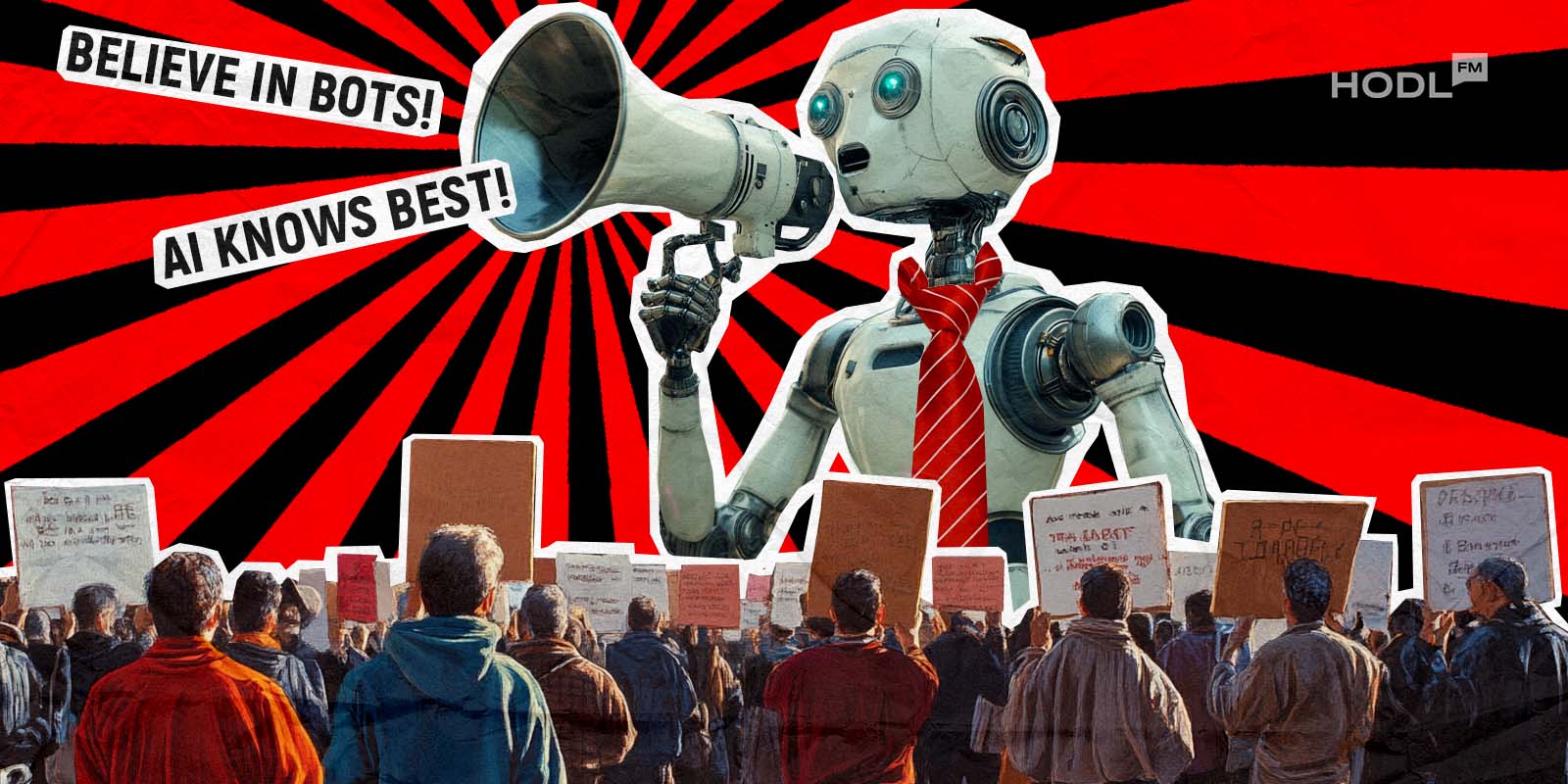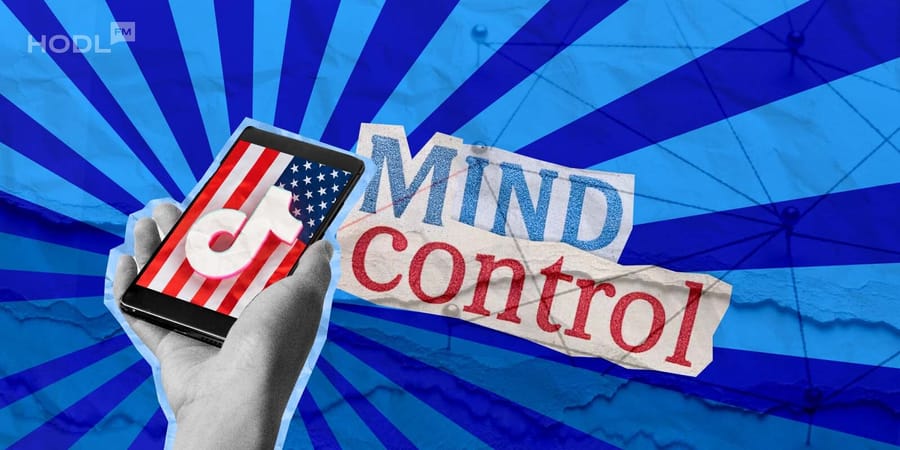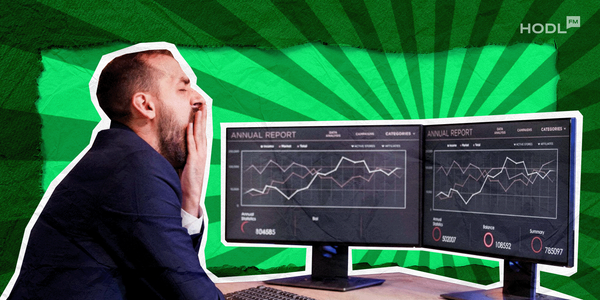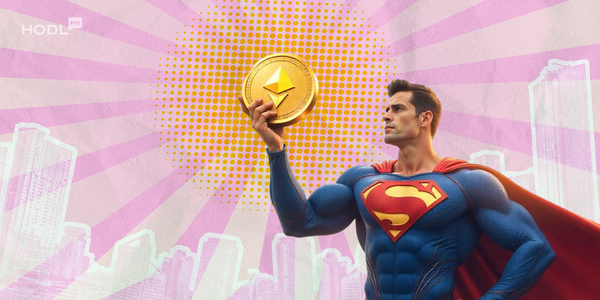Since March 13, 2024, when the U.S. House of Representatives passed a bill for a nationwide ban on the popular social media platform TikTok, conspiracy theories about the ban have been spreading across the internet.
TikTok's parent company, ByteDance, headquartered in China, was given six months to find a new buyer to avoid the app’s removal from U.S. app stores. TikTok's last-ditch effort to file a lawsuit failed on Friday when the Supreme Court ruled that the law did not violate the First Amendment.
And just like that, six months flew by in the blink of an eye. Facing the ban on Sunday, January 19, 2025, TikTok decided to voluntarily shut down its service for U.S. users. Apple and Google Play promptly removed the app, leaving users who opened TikTok greeted with a bitter farewell message:
President Biden's White House passed the buck on enforcing the TikTok ban to the incoming Trump administration. Never one to shy away from theatrics, President-elect Donald Trump vowed to "save" TikTok. Staying true to his flair for the dramatic, Trump extended the ban's effective date by 75 days once he took office. Meanwhile, 170 million TikTok users across the U.S. breathed a collective sigh of relief, thrilled to keep scrolling through their favorite app.
But don't let the brevity of the 12-hour ban fool you—it managed to spark global chaos. For millions, TikTok was more than just an app; it was a career, a creative outlet, and a community hub. The temporary shutdown threw the world into a tizzy, with frantic users even dialing 911. Picture a dispatcher bracing for an emergency, only to be met with someone in tears over losing access to their TikTok page.
🚨 JUST IN: 911 calls are being placed around the country by individuals panicking over the TikTok ban
— Nick Sortor (@nicksortor) January 19, 2025
I can’t believe I have to say this, BUT DON’T CALL 911 OVER TIKTOK.
Here’s audio of 911 dispatch from Anoka County, MN, requesting a welfare check on a caller, saying he’s… pic.twitter.com/2f21H5HsL5
Officials had to step in, urging the public to stop clogging emergency hotlines with non-urgent calls, warning that it diverted critical resources away from real emergencies.
Aside from these, since the moment the bill passed, influencers and extremists from every corner of the political spectrum were convinced that the ban wasn’t just about security. Instead, they claimed it was the handiwork of shadowy groups lobbying for... well, something.
Spy Conspiracy Theory
According to the ban bill, the main issue with TikTok is that it’s owned by a so-called "foreign adversary," posing a national security threat. U.S. officials have repeatedly raised concerns that the Chinese government could exploit TikTok for spying on Americans or covertly influencing public opinion by amplifying or suppressing certain content.
The paranoia is justified, they say, because China’s national security laws require organizations to cooperate with intelligence gathering. FBI Director Christopher Wray cautioned the House Intelligence Committee last year, stating that TikTok's software could allow the Chinese government to potentially infiltrate Americans' devices.
Republican Senator Josh Hawley from Missouri passionately echoed these concerns in a fiery speech:
If you’ve got TikTok on your phone right now, it can track your location, read your text messages, monitor your keystrokes. It has access to your phone’s recordings. This isn’t just a national security threat — it’s a personal safety threat.
Adding fuel to the fire, Canadian-American venture capitalist Chamath Palihapitiya said on X that the unanimous Supreme Court decision to uphold the ban, backed by a significant bipartisan majority, could only happen if “the U.S. determined that TikTok is spyware for a foreign entity.”
The Supreme Court unanimously upholds a TikTok ban that was passed by a large bipartisan majority.
— Chamath Palihapitiya (@chamath) January 17, 2025
I’ll say the quiet part out loud:
The only way both of these outlier events could have happened is if the US determined that TikTok was spyware for a foreign actor.
This theory sent X users into a heated debate. Some backed Palihapitiya, agreeing that TikTok might indeed be spyware. One supporter proved:
I genuinely don’t understand the fight to keep TikTok in the U.S. It’s literally Chinese spyware that China doesn’t even let its kids use. It’s a weapon harming our children. Still trying to figure out any argument for keeping it online—unless it’s because some wealthy GOP donors stand to lose big.
Others agreed, labeling the platform a “security threat,” while skeptics fired back, insisting there’s no hard evidence to support these claims.
Zionist Conspiracy Theory
Another wild theory capturing the imagination of certain corners of the internet is the claim that the “Jewish lobby” wants to control TikTok. Influencer and streamer Haz Al-Din, also known as Infrared, suggested that the TikTok ban isn’t about China at all but rather about handing “control over to Israel in the interests of the ‘Zionist lobby.’”
For reference: Zionism is a Jewish national movement that has set as its goal the unification of the Jewish people in their historical homeland.
The TikTok ban isn't meant to 'take control away' from China.
— Haz Al-Din 🇷🇺 (@InfraHaz) March 13, 2024
It's meant to GIVE control to ISRAEL.
China isn't the one trying to censor American's right to free speech, the ZIONIST LOBBY is!
Similarly, antisemitic influencer Vincent James took to X to share with his nearly 60,000 followers that “the Jews want complete control over information.”
The Jewish lobby basically wants to do to TikTok what they did to the universities recently. Change ownership into their hands so that they have complete control over narratives and information.
— Vincent James (@davincentjames) March 14, 2024
This claim feeds into a broader narrative that Israel is allegedly leveraging its supposed influence to push for a TikTok ban and suppress pro-Palestinian content.
As “evidence,” conspiracy theorists point to data from OpenSecrets, which lists donations from AIPAC (the American Israel Public Affairs Committee) to Republican Congressman Mike Gallagher, who led the charge on the TikTok bill. Proponents of the theory argue this is proof that Israel and Mossad are influencing U.S. government decisions regarding TikTok. They emphasize that the bill’s sponsor allegedly received “significant contributions from Zionists.”
However, there is no evidence to suggest AIPAC was involved in drafting the legislation.
Another antisemite, Stew Peters in his fanatical and baseless tirades about Jewish control, claimed that “Zionist extortion teams” are behind anti-TikTok legislation because the platform “allows users to question Israel.”
In his videos, Peters calls for the complete destruction of Zionism. Thankfully, his following on Rumble is relatively small, with only a few thousand subscribers, and his rant-filled videos barely scrape 500 views each.
Who Controls Information Controls the World
We’ve tried to lay out the most discussed conspiracy theories surrounding TikTok’s closure in detail. Whether it’s the influence of Zionists or fears of Chinese espionage, these theories have certainly found their audience. In the case of espionage and public influence concerns, there’s little tangible evidence to go on—after all, TikTok has never been tried or found guilty of sharing information with the Chinese Communist government.
Republican Senator Rand Paul of Kentucky summed it up perfectly:
Most of the reasons the government banned it were based on accusations, not evidence.
But what about actual data from real surveys?
A study conducted by the Allensbach Institute in Germany suggests that TikTok’s informational ecosystem may indeed fuel skepticism and amplify conspiracy theories. Germans who rely on TikTok for news are less likely to view China as a dictatorship, criticize Russia’s invasion of Ukraine, or trust vaccines compared to consumers of traditional media.
The survey revealed that while 57% of newspaper readers consider China a dictatorship, only 28.1% of TikTok users share this view. Additionally, TikTok users are less likely to believe that China and Russia spread disinformation and are more suspicious of their governments.
It’s impossible to deny the fact that foreign powers use social media to influence public opinion. “Who controls information controls the world.” — a quote that’s more relevant today than ever. While it’s nearly impossible to stop people from consuming information from any given source, they always have the power to critically evaluate the information they encounter, instead of blindly following the crowd.
Whether it’s TikTok or any other platform, the real question isn’t ‘who’s controlling the app,’ but rather ‘who’s controlling the way we think about the information we consume.’

Disclaimer: All materials on this site are for informational purposes only. None of the material should be interpreted as investment advice. Please note that despite the nature of much of the material created and hosted on this website, HODL FM is not a financial reference resource and the opinions of authors and other contributors are their own and should not be taken as financial advice. If you require advice of this sort, HODL FM strongly recommends contacting a qualified industry professional.





